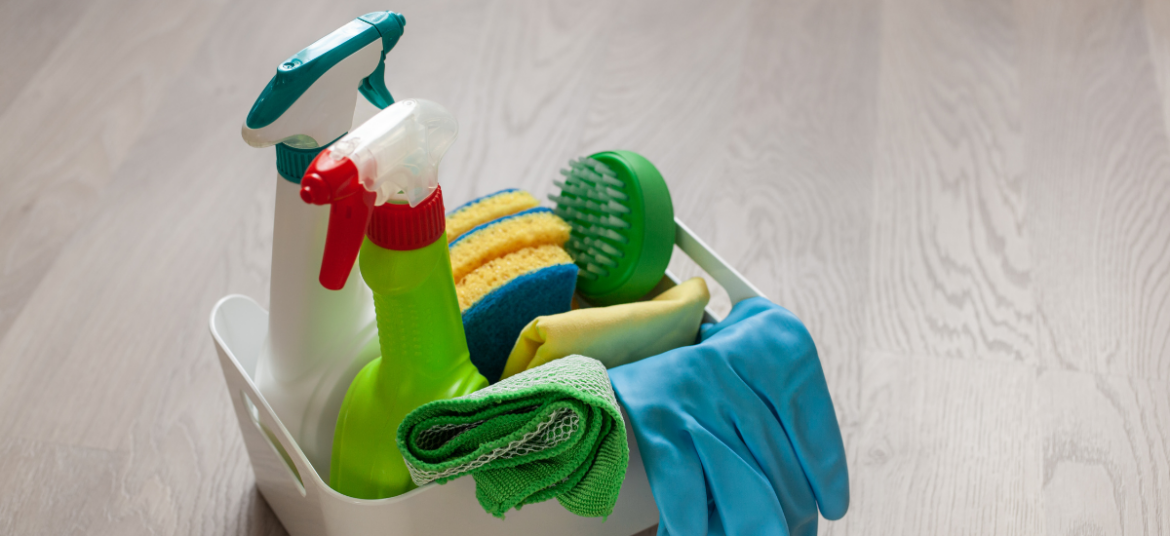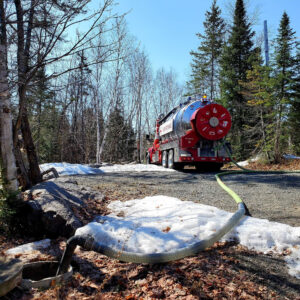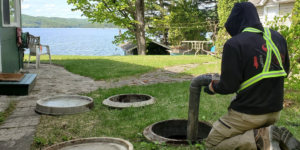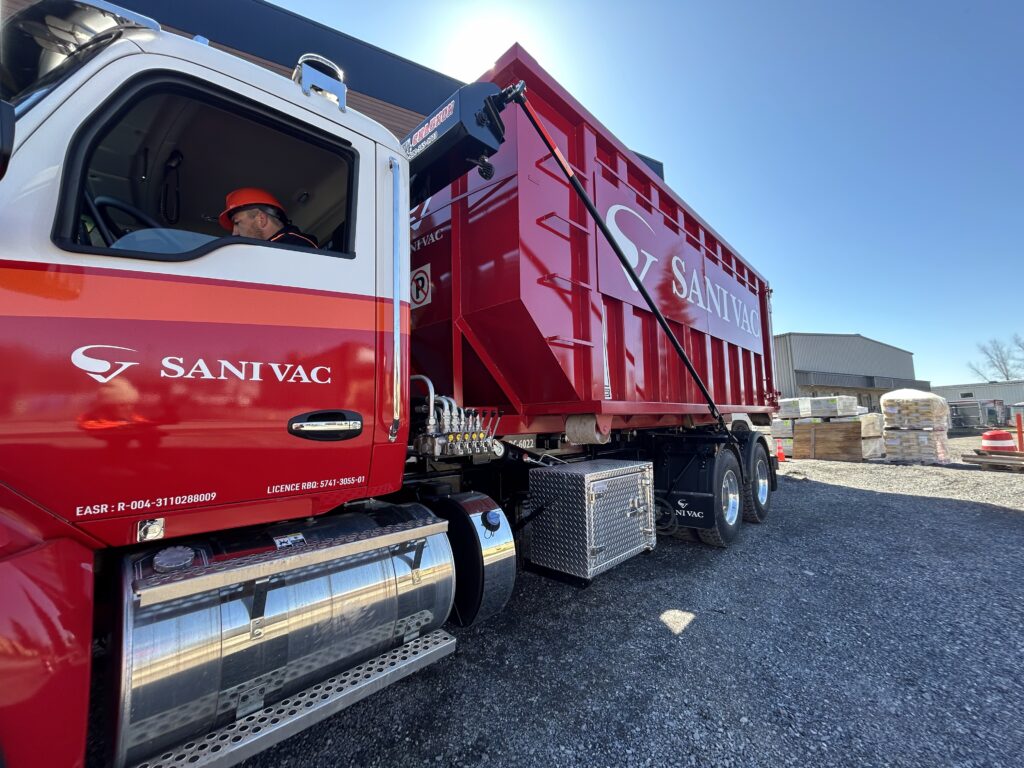Your septic tank plays a crucial role in treating wastewater from your home. As a septic tank owner, it is essential to pay attention to the products used at home to ensure its proper functioning. Some products, such as aggressive chemicals, fats, and non-degradable items, can disrupt the bacterial balance, lead to blockages, and compromise the durability of the system. By opting for suitable, biodegradable products and avoiding harmful substances, you contribute to preserving the septic tank and avoiding costly problems.
Here are 10 products to avoid when you have a septic tank!
Textile softeners:
Textile softeners, although popular for making clothes softer, are formidable enemies of your septic tank. These viscous chemicals eliminate essential bacteria for waste decomposition in the tank, compromising its biological balance.
Latex products:
Latex products are non-biodegradable, meaning they do not decompose naturally. Latex items may clog the leach field, hindering the wastewater filtration process.
Antibacterial soap:
Though designed to eliminate bacteria, antibacterial soap can also harm the beneficial bacteria in the septic tank. Opt for milder and environmentally friendly soaps instead.
Cosmetic products:
Some cosmetic products contain heavy metals such as zinc, chromium, silver, or even titanium. Rinsing brushes or these products in the sink can introduce these metals into the septic tank, potentially polluting groundwater.
Drain cleaners:
While they may seem like a quick solution, drain cleaners like “Drano” or “Liquid-Plumr” are corrosive agents that kill beneficial bacteria and can damage septic tank pipes.
Bleach:
Bleach is often used for cleaning kitchens and bathrooms. However, this product is highly toxic to septic tank bacteria. Excessive use can compromise waste decomposition and lead to groundwater pollution.
Detergents with phosphates:
Many detergents, especially those used for laundry and dishwashing, contain phosphates that facilitate their infiltration into the leach field. Besides harming beneficial bacteria, they can contaminate the soil and potentially the groundwater. Always opt for phosphate-free detergents.
Ground food:
Food particles take longer to decompose, risking blockages in the leach field. The decomposition of food particles can also produce foul-smelling gases, contributing to unpleasant odors around the septic tank. To avoid this, prefer composting as an eco-friendly alternative for disposing of food scraps.
Grease, oils, and fats:
It is crucial to avoid pouring fats, oil, and animal grease into sinks or toilets as they can solidify and clog pipes. Wipe greasy utensils with a paper towel before washing to prevent grease buildup in the septic tank.
Non-septic-safe toilet paper:
Opt for toilet paper specifically designed for septic tanks. Specially designed toilet paper usually has a lighter texture and dissolves more quickly in water. This reduces the risk of pipe blockage and ensures a smoother flow of wastewater into the septic tank. Some toilet papers explicitly state they are septic-safe, so prioritize these options. This simple yet effective practice contributes to ensuring the proper functioning and longevity of your septic tank.
In this article, we have highlighted ten products to avoid, ranging from fabric softeners to drain cleaners, bleach, and detergents with phosphates. By avoiding the use of these commonly used products in most households, you significantly contribute to preventing issues related to your septic tank. By avoiding these elements at all costs, you maximize your chances of preventing potential major problems.
If you are curious to learn more about other good practices for your septic tank, check out our dedicated blog article on “5 good practices for your septic tank”:
Opt for septic tank pumping with Sanivac:
At Sanivac, our expertise in septic tank pumping has set us apart since 1961. Feel free to book our septic tank pumping services now. Trust our proven experience for reliable and professional solutions in septic tank pumping.
Book your septic tank pumping now: https://sanivac.ca/en/septic-tank/







